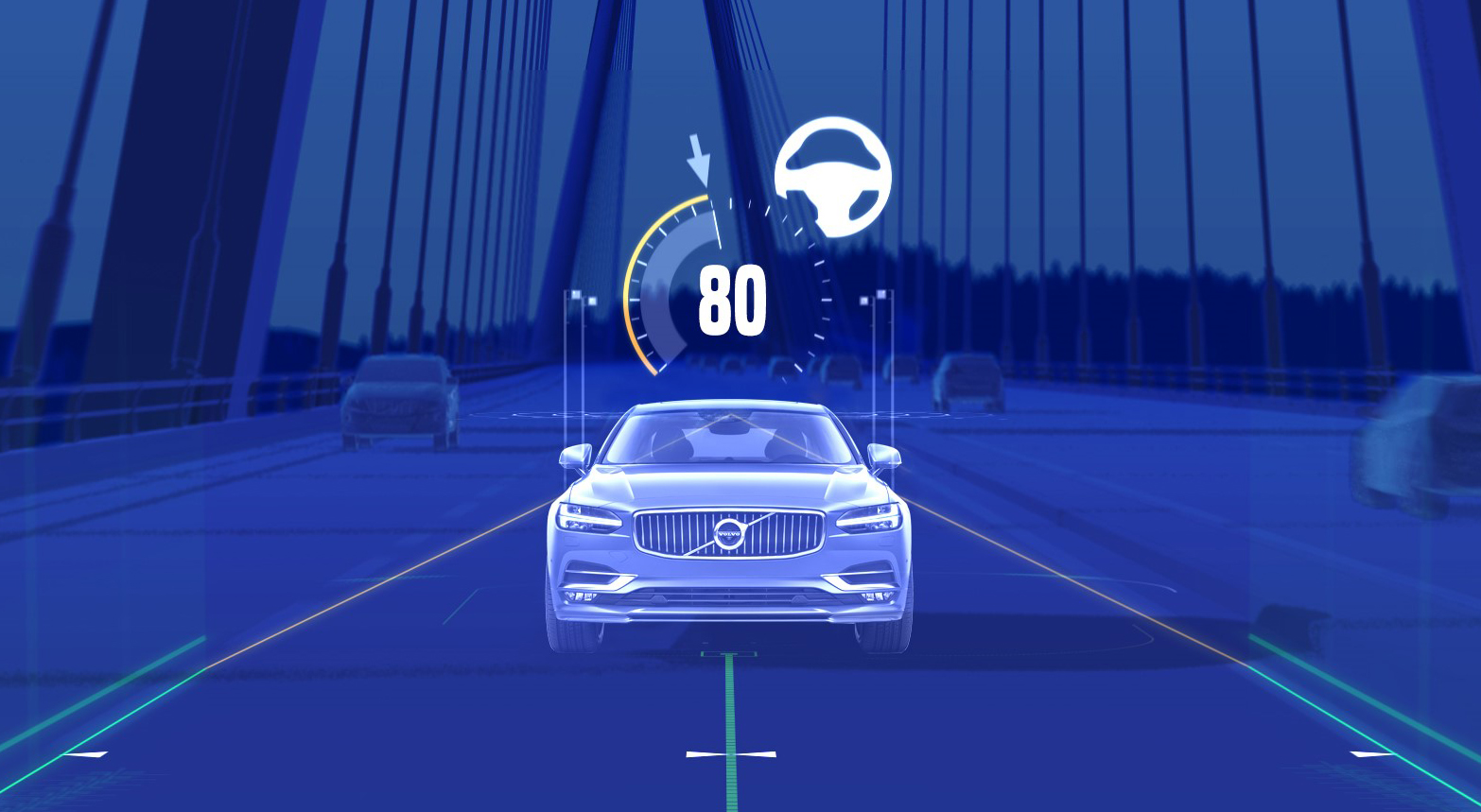The Democrat-backed proposals are facing opposition from Republicans, the oil industry, and automakers. A prior version failed to advance out of committee in Olympia the last session and the inside politics do not seem to have changed enough since. However, the concept is catching on in a few other states and in countries around the world.
“I was really attracted to this policy because it is a commonsense policy that everyday people can understand,” said state Rep. Nicole Macri (D-Seattle), the prime sponsor in the state House.
Macri said it was important to set an ambitious date certain to speed up a transition to electric automobiles and drive systemic change to decrease tailpipe pollution, Washington’s largest source of climate-warming emissions. She spoke Wednesday during a webinar for climate advocates hosted by the environmental nonprofit Coltura, which served as sort of a campaign kickoff for the Clean Cars 2030 bill.
On Thursday, General Motors added fuel into the movement toward zero-emissions cars by declaring its plans to phase out all gasoline and diesel-powered cars and SUVs from its product lines by 2035. In a striking shift, the largest U.S. automaker said it “aspires” to just sell light-duty vehicles with no tailpipe emissions from 2035 onward as it aims to become carbon neutral by 2040.
Macri’s bill was assigned to the state House Transportation Committee, and it awaits a public hearing on February 1. An identical version was introduced in the state Senate by Sen. Marko Liias (D-Mukilteo). The Democratic majorities in both chambers of the legislature have called climate change pollution to be one of their top priorities to address this year but concerns about practicalities dog this particular proposal.
“2030 is just not a workable date,” said Ryan Spiller, a lobbyist for major automakers in the Alliance for Automotive Innovation.
Spiller said automakers are working hard to broaden their electric vehicle lineups, but he said it was “virtually impossible” to convert the entire industry’s production to wholly electric within the decade.
“Most people don’t want an electric vehicle,” Spiller added in an interview. “It shouldn’t be a mandate.”
Also again weighing in against is the Western States Petroleum Association, the representative of oil refineries.
The pending bill would need all public and privately-owned passenger cars and light trucks of the model year 2030 and later to be electric vehicles in order to be registered with the state Department of Licensing. People with gasoline-powered cars from model years before 2030 could keep driving them.
In September, California Gov. Gavin Newsom signed an executive order putting an end to the sales of new gas-powered cars in the Golden State by 2035. Since then, the governors of Massachusetts and New Jersey have indicated they want to speed down that road, too.
In 2019, the British Columbia legislature was the first in the continent of North America to pass a gasoline-powered car phase out law. The province required all new light-duty cars and trucks to have zero emissions by 2040.
Outside the US, the United Kingdom, Sweden, Denmark, France, Iceland, Slovenia, Japan, and Israel are some of the countries that have announced plans to ban further sales of new fossil fuel cars between 2030 and 2040.
Hydrogen fuel cell vehicles would also qualify for continued sale after 2030, but none of the significant automakers deliver hydrogen cars to Washington state currently as there are no public fueling stations.
Today, the higher cost of plug-in cars associated with internal combustion engine vehicles is a deterrent for possible buyers. Metz and GM expect that gap to close by mid-decade from advances in battery technology and boosted sales volumes.



1 comment
What a bunch of idiots!